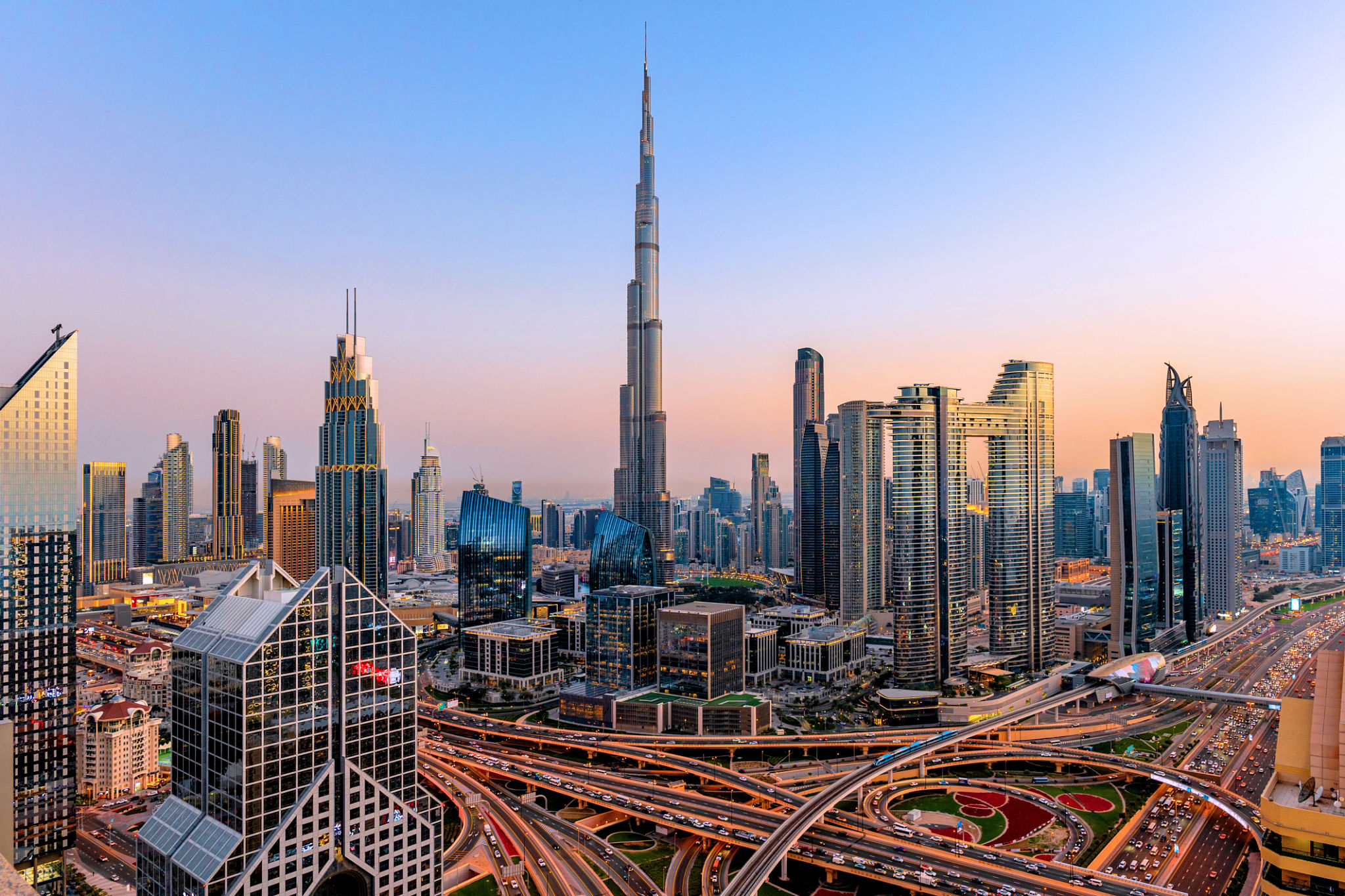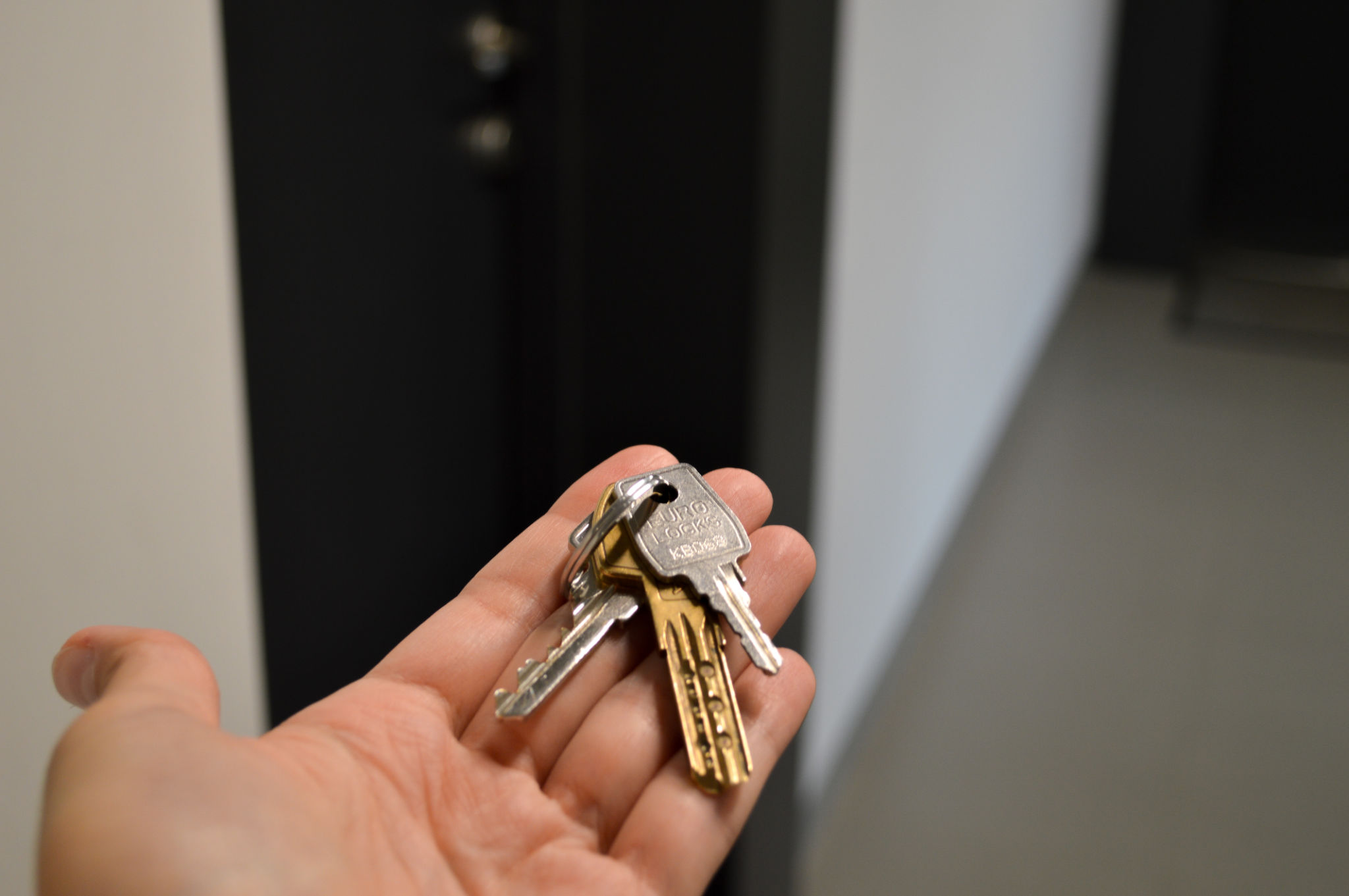Understanding Dubai's Real Estate Regulations: A Comprehensive Overview
Introduction to Dubai's Real Estate Regulations
Dubai’s real estate market has long been a beacon for investors around the globe, offering lucrative opportunities and a dynamic environment. However, navigating this market requires a solid understanding of the regulations that govern property transactions and ownership. These rules are designed to protect both investors and the integrity of the market itself.

Ownership Laws for Foreign Investors
One of the most significant aspects of Dubai's real estate regulations is its approach to foreign ownership. Non-UAE nationals are permitted to buy property in designated freehold areas. These areas have been strategically chosen to encourage foreign investment, offering a variety of residential and commercial options.
It’s crucial for foreign investors to understand that freehold ownership grants them the right to own the property outright, including land, without any time limit. This regulation has been a pivotal factor in attracting international buyers looking for long-term investment opportunities.
Registration Process
The registration process is another important aspect of buying property in Dubai. All property transactions must be registered with the Dubai Land Department (DLD) to ensure legality and transparency. The DLD provides a streamlined process that includes steps such as obtaining an Initial Sale Contract and registering the property under the buyer's name.

Regulations for Real Estate Developers
Dubai places stringent regulations on real estate developers to ensure that all projects meet high standards of quality and safety. Developers must register with the Real Estate Regulatory Agency (RERA), which oversees all aspects of real estate development in the emirate.
Developers are required to provide a comprehensive project plan, secure necessary approvals, and demonstrate financial capability before commencing any construction. These measures are designed to protect investors from potential risks associated with project delays or failures.
Escrow Accounts
A crucial regulation involves the use of escrow accounts. Developers must deposit all funds received from buyers into an escrow account managed by an independent third party. This ensures that the funds are used solely for the development of the project and provides additional security to investors.

Rental Laws and Tenant Rights
The rental market in Dubai is equally regulated to ensure fair treatment of both landlords and tenants. The Dubai Rental Law, managed by RERA, outlines clear guidelines for rental agreements, security deposits, and eviction notices. Tenants have the right to a written tenancy contract and protection against unjust eviction.
A notable feature of Dubai's rental laws is the Rental Increase Calculator, which helps determine permissible rent increases, ensuring transparency and fairness in rental agreements.
Dispute Resolution
If disputes arise between landlords and tenants, they can be resolved through the Rental Dispute Settlement Centre, a specialized body that handles such matters efficiently. This center provides a platform for amicable resolutions, ensuring minimal disruption for both parties involved.

Conclusion
Understanding Dubai's real estate regulations is essential for anyone looking to invest in this vibrant market. These rules not only protect investors but also contribute to the stability and growth of Dubai's real estate sector. Whether you are a seasoned investor or a first-time buyer, familiarizing yourself with these regulations will enhance your ability to make informed decisions and capitalize on the opportunities available.
